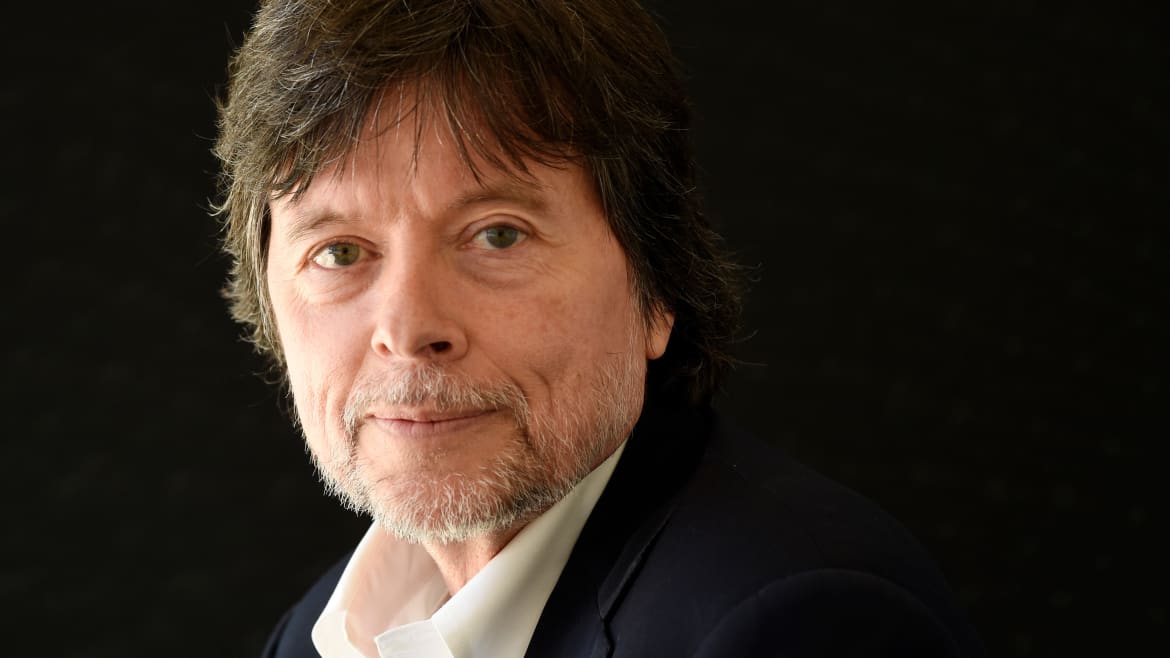Chris Pizzello/AP
“I will not work on a more important film,” says Ken Burns about The U.S. and the Holocaust, a three-part, six-hour documentary (Sept. 18, PBS) about America’s response to the Nazis’ genocide. A comprehensive examination of both President Franklin Delano Roosevelt’s actions and the anti-Semitic and anti-immigration climate in which he operated, Burns’ latest—co-directed by long-time collaborators Lynn Novick and Sarah Botstein—seeks to grasp why we chose to admit so few Jewish refugees in the 1930s and 1940s, and whether we could have done more to stop, or at least slow down, Hitler’s “Final Solution.” The answers it comes up with are not always flattering, complicating our understanding of the country’s WWII legacy. Yet per Burns tradition, they’re handled with enlightening and affecting nuance and empathy.
An in-depth study of fascism, intolerance, and the push-pull between ideals and complex political/social realities, The U.S. and the Holocaust, buoyed by testimonials from scholars and survivors of the Holocaust, is informative and heartbreaking in equal measure. For Novick, it’s also an inquiry that’s apt to shock many.
“I think this will be, for the general public, somewhat surprising and a little hard to ingest,” she says. “That we could be both the liberators of freeing the world from tyranny and fascism, and unwilling—as Daniel Greene says in the film—to do much to rescue the victims of fascism.”

